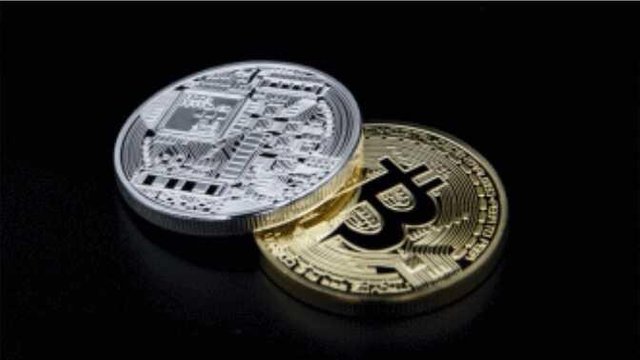The case in Ireland 50 years ago, and the limit today - the Bitcoin will disappear?
When the banks struck for half a year, the Irish economy was not surprisingly low. How does this relate to Bitcoin? Here's the story

May 2010. Lazlo Honeychek, a Florida programmer, goes to the local pizza store under his house and buys 2 pizza trays for 10,000 units of the coin that drives the world crazy today - the Beatkin. If only he had known then that those pizza trays were worth a little less than $ 83 million today, he probably would have choked.
The most interesting thing happening today in the financial world is the rise of the controversial currency. And while you are debating whether to buy or whether it is a bubble, let's jump on a journey in time.
In 1970, the workers committees of all the banks in Ireland went on a huge strike that lasted half a year and all the branches were closed. "All banks are closed!" This was the headline in The Irish Independent on the morning of Wednesday in May 1970. This means - people had no access to their accounts. No deposits, no withdrawals, nor take loans or invest. However, and contrary to forecasts, the Irish economy was not affected at all.
How did it happen? A strike or not, the Irish went to a drink at the end of the evening in their neighborhood pub, and because they could not pay, the pub owners decided to allow a bill to be registered as a kind of bond, pledging to pay back once the banks were reopened. It was not long before the pubs began trading with each other with the same bonds, even if that meant paying suppliers. But why stop here. After a while, local businesses and factories seeking a loan turned to the pubs that provided the same bonds.
During that strike, about 11,000 Irish pubs became small banks, with all that this implies economically. When all this happens without the contact of a central bank or a national silver printer. Without regulations and without government guarantees. The banks' strike in Ireland transformed the small pubs from a cartel with a single union into a vibrant and competitive network of borrowers and micro lenders, based on mutual trust. If one of them was collapsing, it would have no significant effect thanks to the diversification of risk. At the time, no pub was too big to collapse.
When the banks' strike ended 190 days after it began, the residents of the small country went to withdraw their money, and of course encountered borrowers they had never met, who wanted to redeem the bonds that became a kind of currency. Sounds familiar to you?
Back in 2017, the table does not lie. The Bitcoin is now worth $ 8,200, leaving dust to skeptics after another hurdle has been made in the form of a forced split (which was finally canceled). It only attests to the strength of the community behind it. The cancellation proved emphatically: Despite the technological problems - we believe in the currency!
However, it is hard not to stop for a moment and think that new coins are emerging every day and that the development code for BlockChain is available to anyone with a technical background for free use - which raises the question of what will happen when giants such as Google or Apple decide to create their own currency? Will the Bitcoin stand in the competition against them or will the public prefer Google-Cube or Apple-Quinn over Bitcoin? On the other hand, the whole thing about the distributed currency is privacy - which is not really in line with the giant corporations.
Another thing worth looking at is the huge power consumption required to activate the Blockkin technology on which currency trading is based. The annual energy consumption of the bitcoin is similar to the annual energy consumption of Nigeria, Bahrain, Ireland and Slovakia, with one act of transmitting bitcoins consuming enough electricity for 8.5 homes in the US for one day. Which is sufficient to provide electricity to some 2.5 million homes with average US consumption. Not far from the day when the voices against the high power consumption will come, and we have not yet begun to talk about the limitations of security defined by the system at the beginning of the road and do not meet the needs of traffic today, when Bitcoin system is very limited and able to handle 3 to 7 transactions per second - which causes many transactions To be delayed for quite some time until they are absorbed. For comparison, Visa can handle more than 24,000 transactions per second.
So what will happen?
Probably only time will tell. Despite the technical problems (which may eventually be solved), the idea behind Bitcoin is here to stay. That is true. Because he came from below. The banks say it has no future. The analysts say it's a bubble. Everyone says it's going to crash, but that's exactly what Elon Masque's electric car was talking about. And we know how it went on.
I dont think so bro @freakyfrog